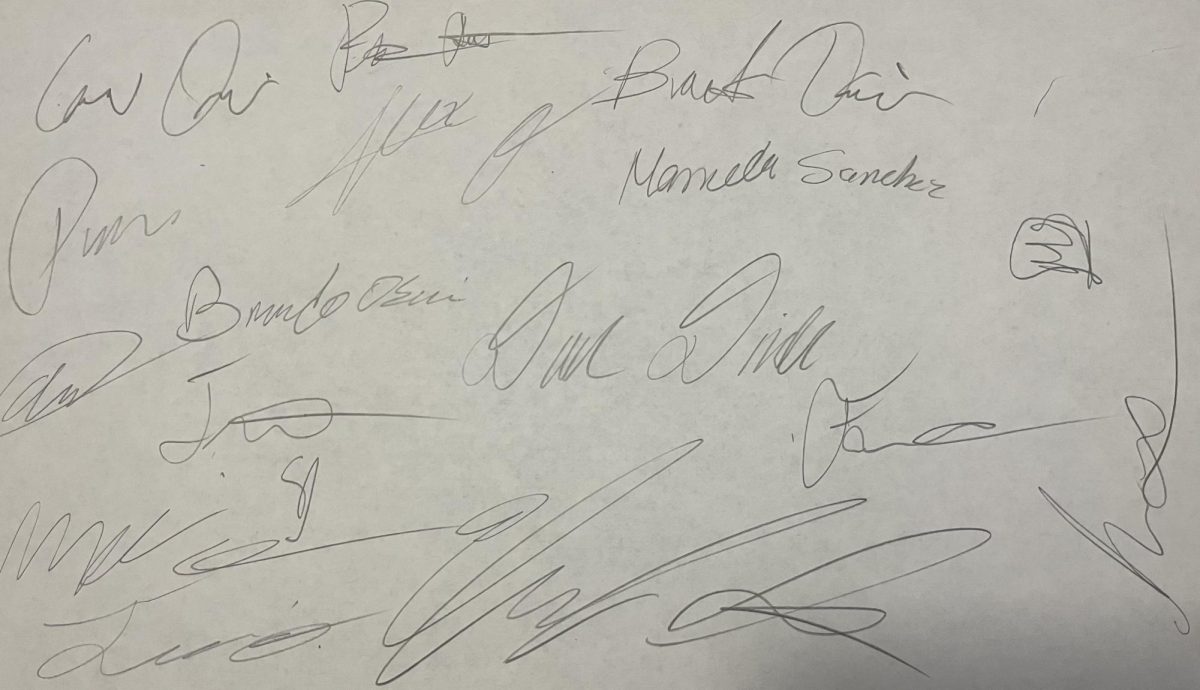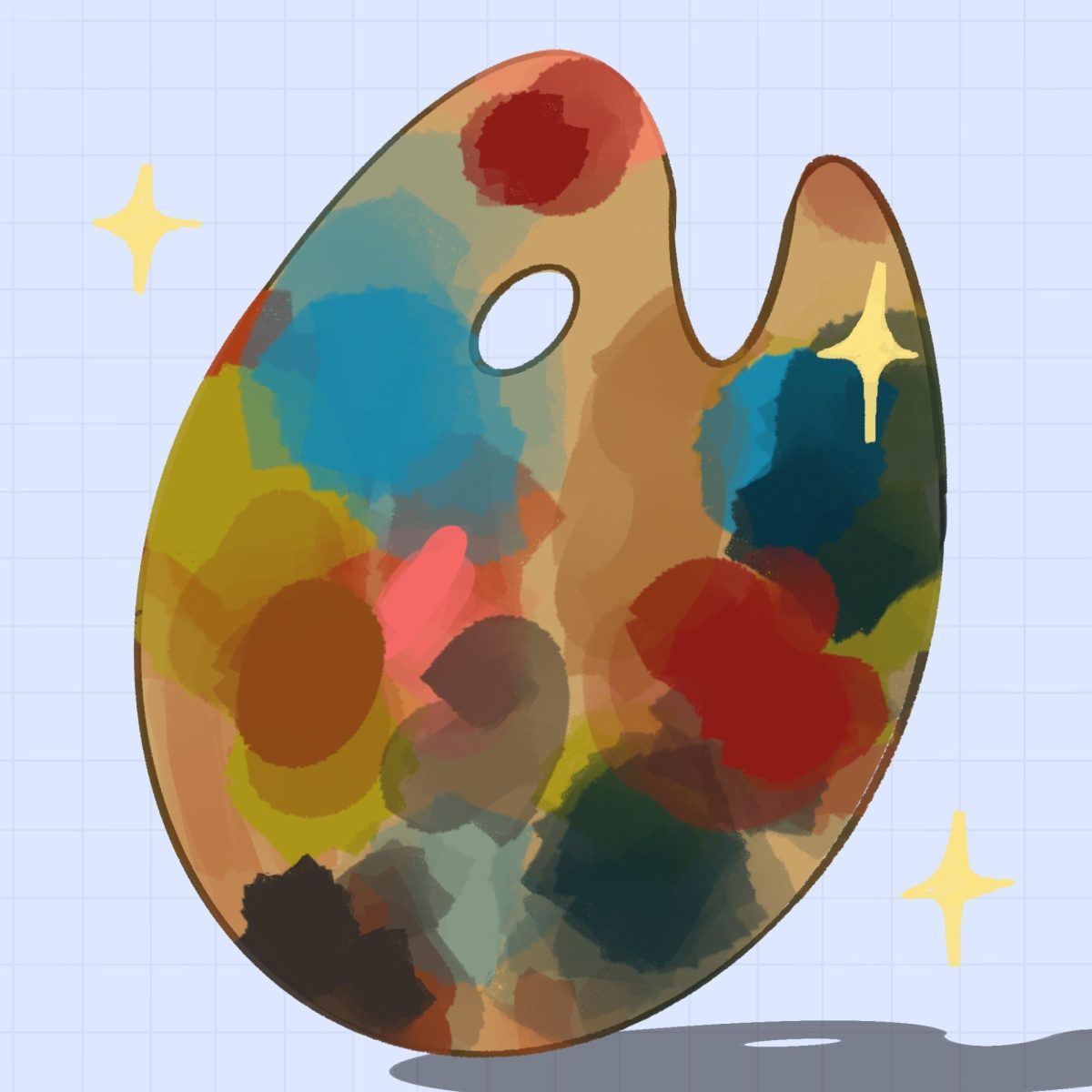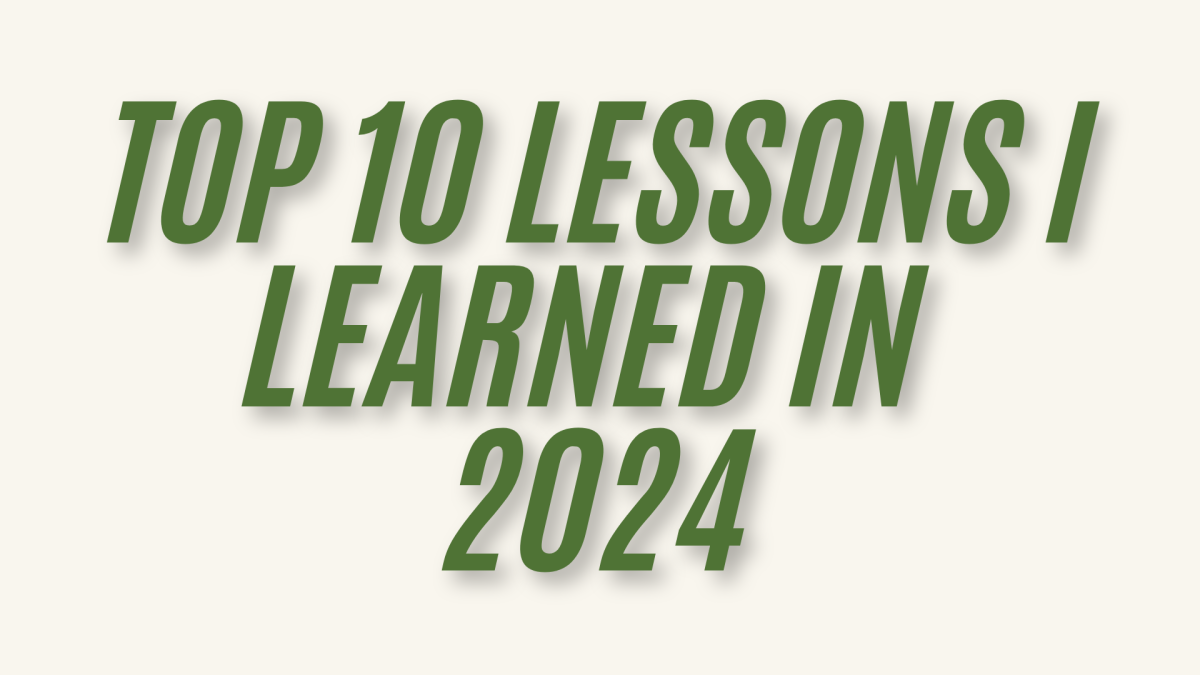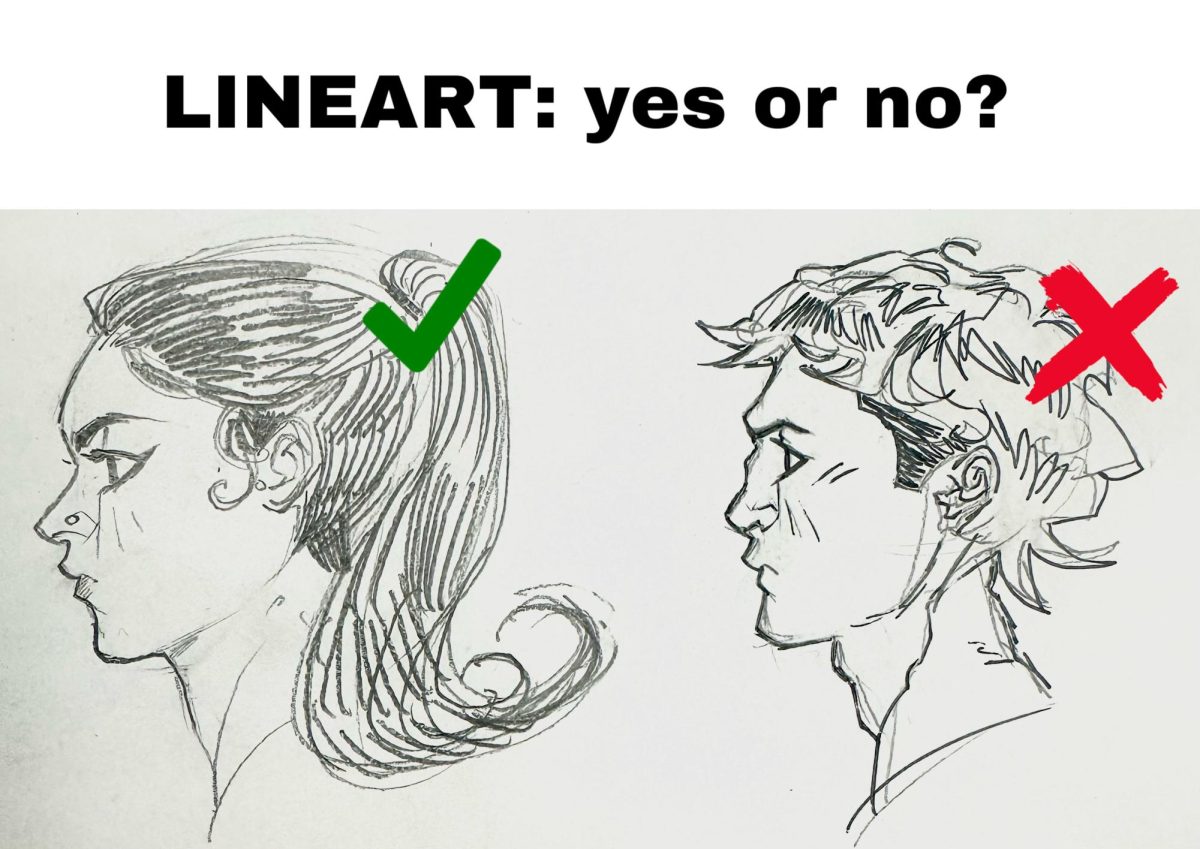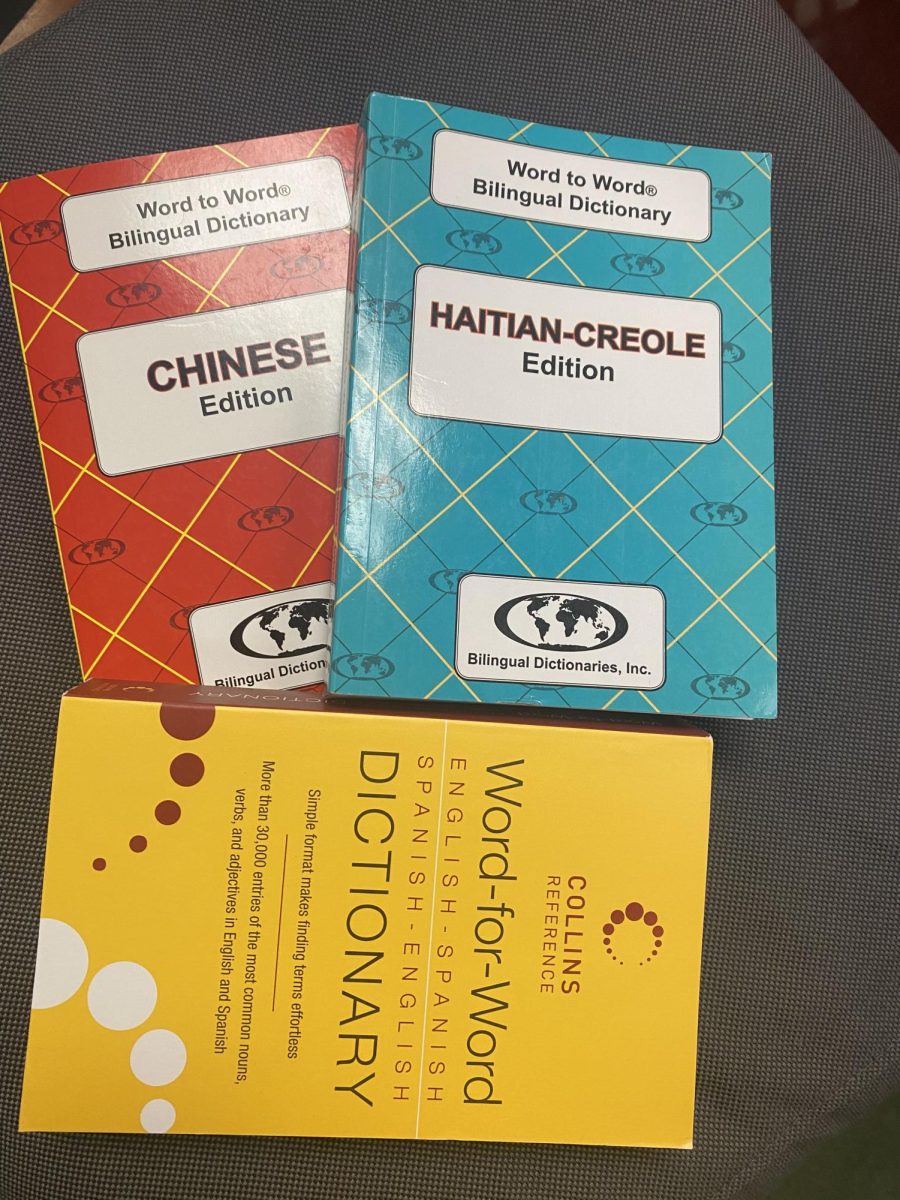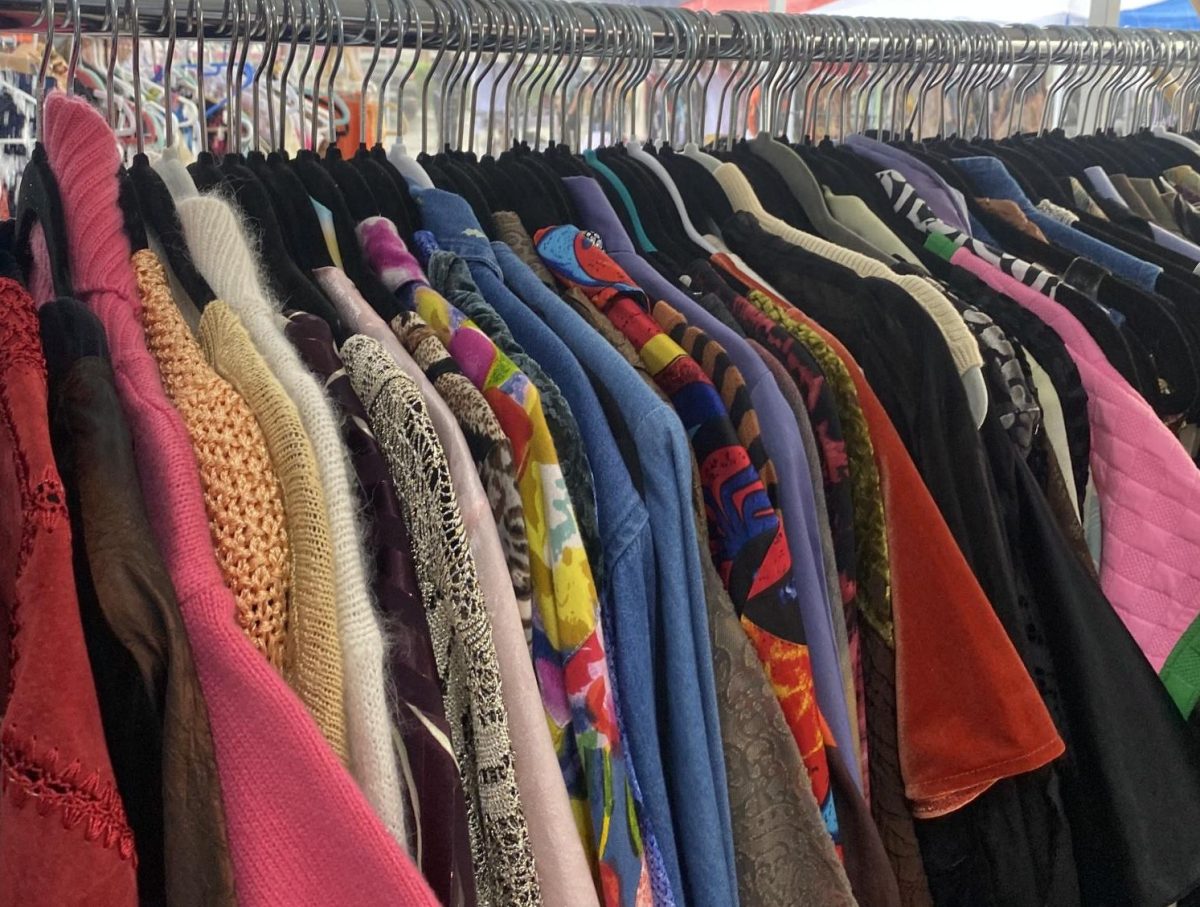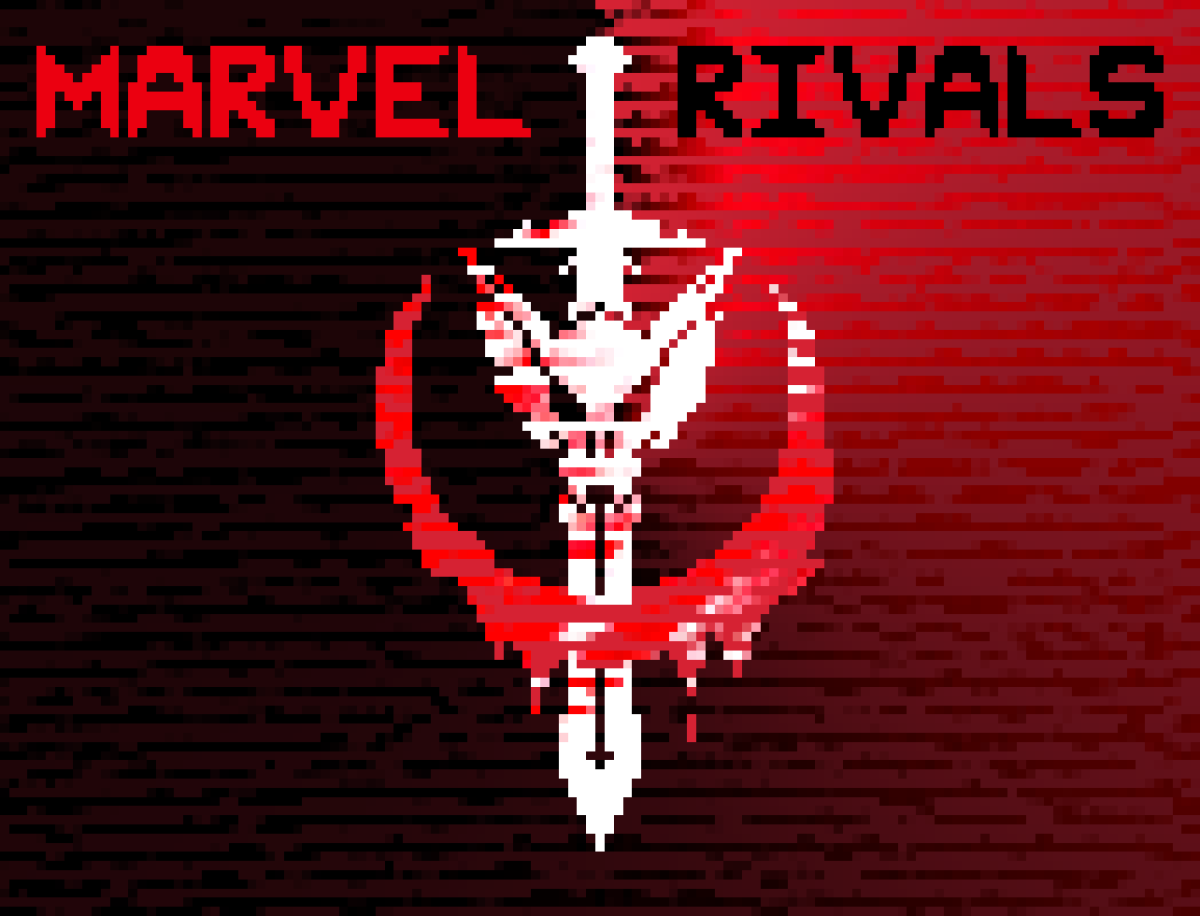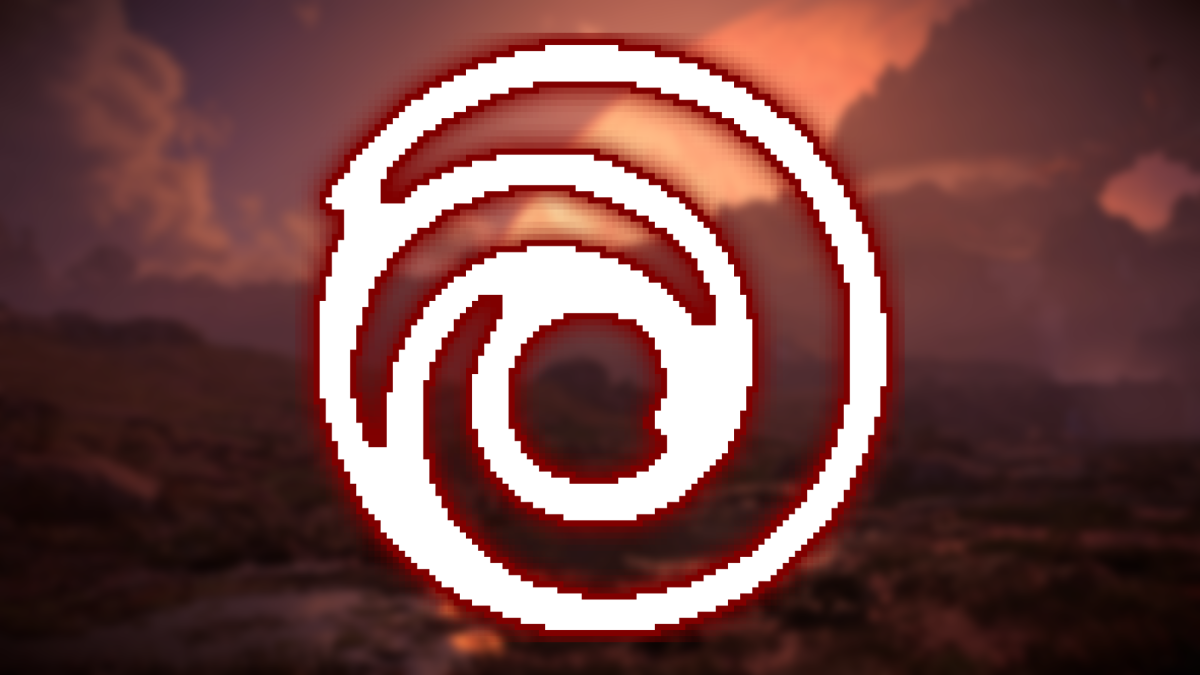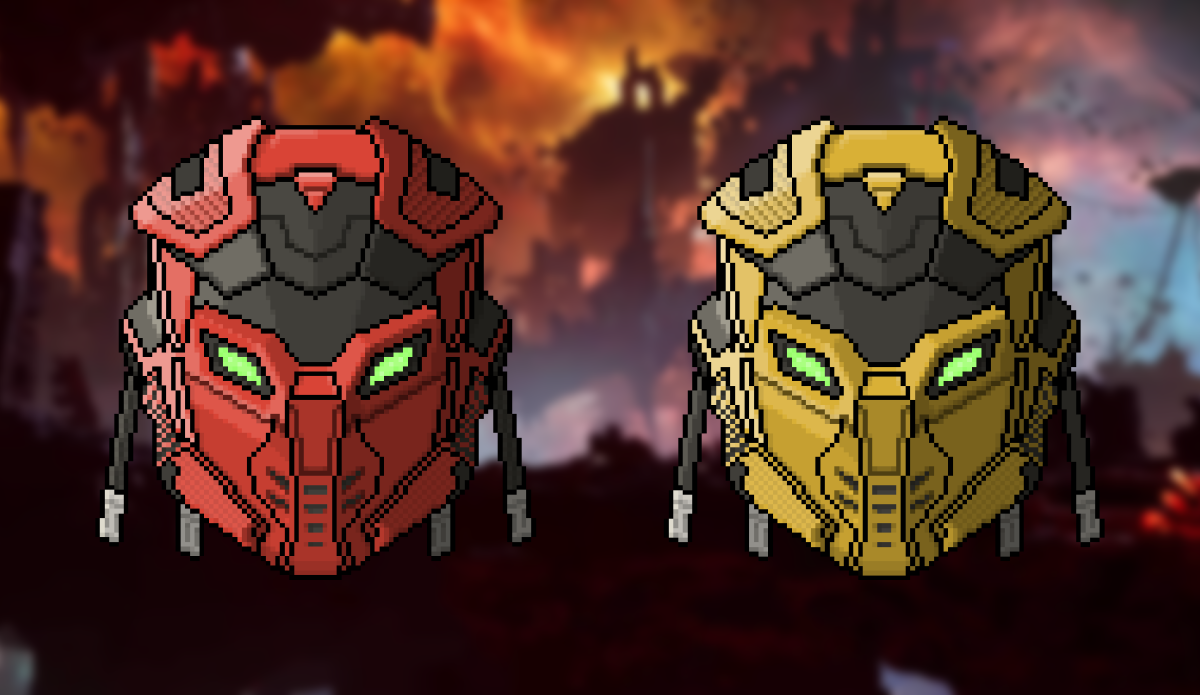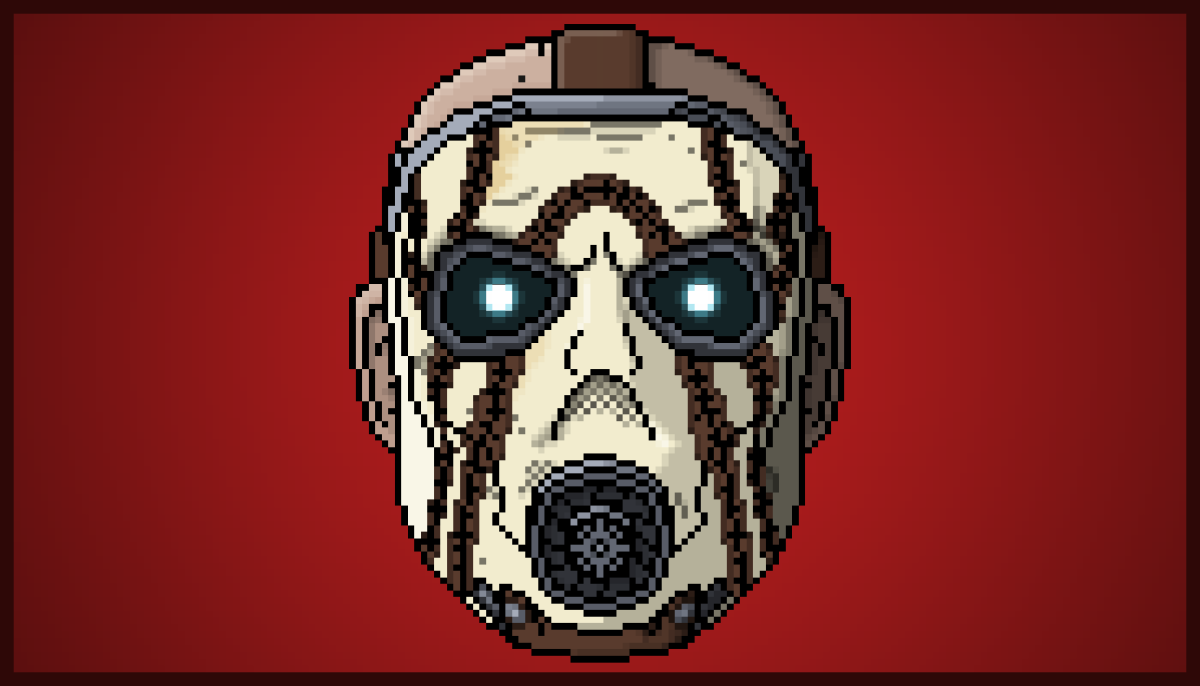The long-awaited sequel to Dragon’s Dogma, Dragon’s Dogma II, has been released to mixed reviews at best. While this is mainly due to the game’s poor performance, something all too common in recent video games, criticism has also been directed at the game’s overuse of microtransactions. This is unfortunately a trend with recent games, but one that seriously harms gamers and their wallets.
For those who aren’t familiar with the term, microtransactions in gaming are content, usually items or currency, that you pay for aside from the game itself or major downloadable content (DLC). When the internet became more common in games, companies could continue updating games to keep players interested, along with fixing some issues that may have gone unnoticed during development. This also allows for microtransactions, which vary between games but usually revolve around some form of in-game currency. Once acquired, this currency can usually be spent on cosmetics, helpful items, or battle passes. Some popular examples are V-Bucks in Fortnite, Robux in Roblox, and MineCoins in Minecraft: Bedrock Edition.
On the surface, this seems like a harmless way for companies to make some more money, providing cool skins or maybe a little help in gameplay for a price. However, as companies do, they go overboard solely for profit without concern for the games themselves. EA was, and still is, infamous for excessive microtransactions in games like Dead Space 3, The Sims, FIFA, and most notoriously, Star Wars: Battlefront II. Battlefront II was one of the worst because of its loot boxes, locking characters like Darth Vader behind a gambling system (as seen in the most downvoted comment on Reddit). Sadly, EA isn’t alone anymore, with it being rare for a AAA game to lack something along the lines of this. Beloved games and franchises like Halo, Minecraft, Call of Duty, Mortal Kombat, and many more have garnered criticism for these practices.
Of course, it is important to note how in a fair number of circumstances, external purchases will not affect gameplay. This is true for Fortnite, Battlefront II (after extensive updates to fix the game post-launch), and Halo Infinite among others. Some games do offer paid gameplay DLC separate or alongside cosmetic options, such as recent Mortal Kombat games, Minecraft, and the aforementioned Dragon’s Dogma II. Many games, however, will prevent players from having enjoyable experiences without the price tags. Call of Duty, especially the recent releases, falls into this category. While the battle royale mode, Warzone, is free to all players, weapons are difficult to level up and will be noticeably less effective than loadouts of other players. Generally, there are 3 ways to level your guns up. One, you can grind, grind, grind away toward the next level. Two, you can utilize Double XP, which occasionally will pop up for slots of time or are available in a Battle Pass. Three, you can buy the latest game to gain more XP in its modes. For a free-to-play game, this provides an obnoxious pay-to-win mechanic, wouldn’t you think?
As mentioned before, EA and DICE’s Battlefront II had this problem at launch, albeit much worse with the Star Card system. These are buffs and abilities that could aid your trooper, reinforcement, or hero in battle, and while these are unlockable by leveling up now, you previously would purchase them from Trooper Crates. On release, Reddit user u/TheHotterPotato posted that he created a spreadsheet showing the estimated times (or dollars) it would take to buy crates and heroes. While I won’t dive deep into all the numbers, it took around 15 minutes of work at minimum wage to buy a crate using your money, while it nearly took 2 hours and 40 minutes to grind for that one crate. While this was fixed, this wasn’t exclusive to Star Wars fans and gamers in 2017. Nearly every MMO (massively multiplayer online), RPG, live-service, and mobile game locks important content behind paywalls, even if you can grind to the point it overtakes school, work, and your overall life.
As much as I’d like to say there is a fix, there most likely isn’t. Companies, as usual, will only respond to money. Historically, massive boycotts have been the tools to work against companies when they make terrible decisions. Unfortunately, this is not true for the millions of gamers, all with varying opinions and levels of care. This was most prominently shown with Hogwarts Legacy when many planned to boycott it because of Harry Potter’s author J.K. Rowling and her transphobic statements. This didn’t work, and it possibly contributed to many buying the game out of spite for these protestors, shown by the game being the most successful of 2023, past Call of Duty, MADDEN, and countless others. If you want to make a difference, put your money in better hands. Indie games, along with the passionate developers of many larger games do not have this problem as frequently, because they get how frustrating it is. Enjoy the games you want, and spend your dollars as you please, but keep in mind these businesses’ greedy intentions and how they try to make you pay.


